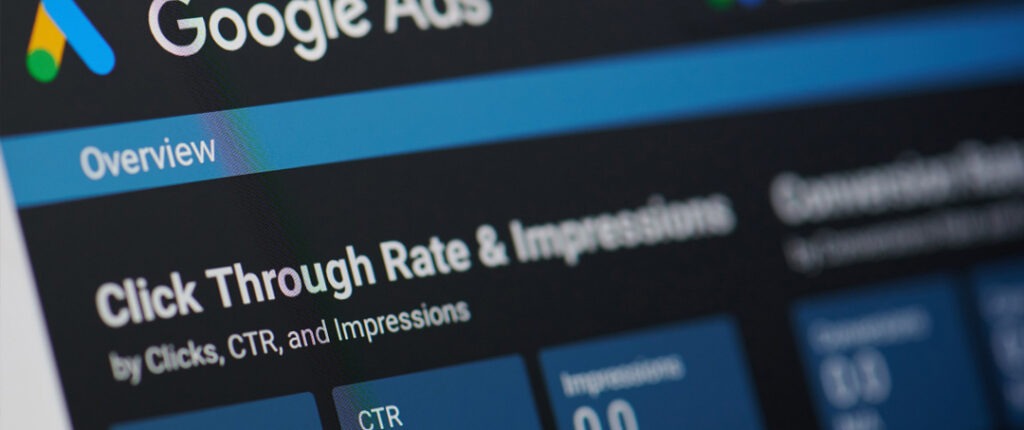In Part 1 of our “Pausing Google Ads” series, we examined what happened after a business owner’s decision to test for a month pausing Google Ads, which led to devastating results. It turns out, Google Ads was the hero behind the scenes, driving the best site activity. Without it, visitors were less engaged – 2 of the 3 KPIs saw a notable decrease – and key metrics like goal conversion rates and overall goal completions dipped across the board. This experiment painted a clear picture: pausing Google Ads not only had immediate downsides but it also left a long-lasting negative impact on attracting new customers.

Why you shouldn’t pause a Google Ads campaign
Unless you’re leveraging seasonal trends or running a special promotion, pausing Google Ads campaigns usually isn’t the best move. Why? Because stopping your campaigns will undo all the machine-learning optimizations done by Google’s algorithms. When you decide to reset the campaign, you’re not picking up where you left off. Instead, you’re starting from zero, which means losing momentum, valuable data, and time as your campaign struggles to regain its previous efficiency.
This pause can also hurt your market position. Your ads will lose visibility and ranking, leading to drops in traffic and conversions, negatively impacting your budget and overall return on investment (ROI). Continuous advertising keeps your brand in the spotlight, helps adapt quickly to market changes, and supports the customer journey from awareness to decision. What’s more, pausing your campaigns might give your competitors the chance to capture market share from your potential customers.
In the end, the drawbacks of pausing – like losing algorithmic learning and market visibility – outweigh temporary savings, making ongoing optimization a smarter choice for long-term success.
Is it too late?
The digital landscape is highly competitive and fast-moving. Pausing your campaigns might mean missing out on potential leads and sales that could have a significant long term impact on your business growth and revenue.

If you’ve experimented with pausing Google Ads only to get negative results, recovering isn’t out of reach. To bounce back, begin by gradually increasing your campaigns, using your Google Ads historical data to identify which campaigns, keywords, and ad groups performed best before the pause. This helps rebuild Google’s algorithms. Next, use targeted promotions or exclusive offers to attract repeat customers and reignite their interest in your products or services. Hopefully, with these steps, you can undo some of the damage and steer your campaigns back on the path to success.






